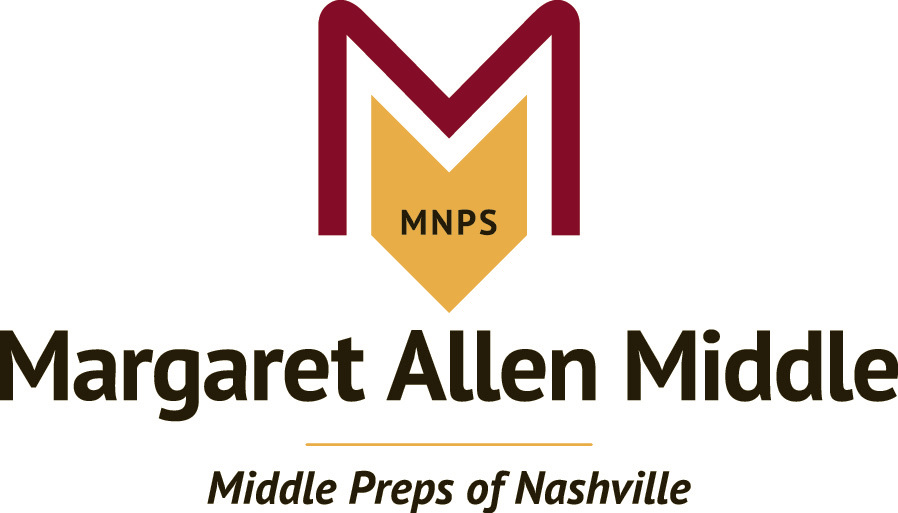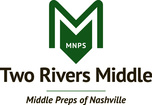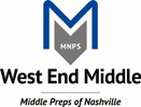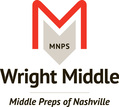If you want to fast, go alone. |
| Hot off the presses!! The Teacher Data Use Survey (TDUS) was released by IES yesterday (http://ies.ed.gov/ncee/edlabs/projects/project.asp?projectID=2461). I have had access to the survey for the past 3 years because of our partnership with REL Appalachia, but am excited finally to share the TDUS with others. MNPS is mentioned in the user guide as we are the large, urban district that pilot tested the survey. |
Along with the survey, REL Appalachia evaluators created us some other tools that have made the data analysis of the survey easier. They have a page with additional resources, which you can access here: http://relappalachia.org/products/rel-appalachia-reports/teacher-data-use-survey-tools-and-administration-guide/.
| REL Appalachia is conducting a webinar series about the TDUS on October 14, 21, 28, November 4, 2016 from 12:00 – 1:00 p.m. CST. I will be joining them on the last webinar on November 4th to share how we used the TDUS Dashboard to facilitate a collaborative inquiry working group team meeting in May. (You can read about that meeting here.) If you are interested in joining the webinars, please register at http://www.relappalachia.org/events/teacher-data-use-survey-webinar-series/. |
Fall 2016 TDUS Administration
If you have any questions or want to learn more, please feel free to reach out to Margie Johnson at [email protected].
The identification of this barrier led to the development of an evaluation plan for collaborative inquiry. When implementing a new idea or strategy, creating an evaluation plan before implementation helps with monitoring progress. Through our partnership with REL Appalachia, MNPS received technical assistance for developing an evaluation plan and for building our capacity to use the plan to monitor our progress.
5 Key Findings and Recommendation from the
Preliminary Evaluation Report for the
Collaborative Inquiry Community of Practice
Key Finding and Recommendations #1
| Schools are applying collaborative inquiry practices in differing ways based on their school needs and school leadership. |
|
Key Finding and Recommendation #2
| The use of collaborative inquiry in schools is making a positive difference in how teachers approach using data to make evidence-based decisions. |
|
Key Finding and Recommendation #3
| MNPS teachers feel supported in implementing collaborative inquiry, but need more professional learning. |
|
Key Finding and Recommendation #4
| All schools see value in integrating collaborative inquiry with current initiatives to address key problems of practice. |
|
Key Finding and Recommendation #5
| To create a culture of collaborative inquiry in using data, a common language and integrated approach to implementation are needed at both the school and district levels. |
|
If you have any questions/feedback, please feel free to contact Margie Johnson at [email protected].
During the first year of our partnership, time was spent bringing together diverse stakeholders representing middle school teachers, coaches, assistant principals, principals, and central office departments. Time was spent with Dr. Laura Lipton and Bruce Wellman building our capacity around collaborative data use practices and then taking deeper dive in discussion of two critical implementation questions:
- What are the barriers to implementing collaborative inquiry throughout the district; and
- What would be the ideal once the barriers are removed?
The top three barriers identified were lack of a common language, lack of trust, and lack of leadership modeling. The logic models created to address these three barriers helped provide a roadmap for year 2’s work.
In year two, work began to address two of the barriers—lack of common language and lack of leadership modeling. To address the lack of a common language barrier, a committee worked with national experts to develop the MNPS Innovation Configuration Map (IC Map) for Collaborative Inquiry. This map provides a common language about observable behaviors when collaborative inquiry is occurring. It has a progression, so teams can use the IC Map in a variety of ways. The Institute of Education Sciences created two videos highlighting MNPS’ IC Map work:
If you want to learn more about this work and/or would like support implementing collaborative inquiry data use practices, please contact Margie Johnson at [email protected].
Email Subscription
Click HERE to subscribe to receive emails for the blog posts.
Archives
February 2018
January 2018
December 2017
November 2017
October 2017
September 2017
August 2017
July 2017
June 2017
May 2017
April 2017
March 2017
February 2017
January 2017
December 2016
November 2016
October 2016
September 2016
August 2016
July 2016
June 2016
May 2016
April 2016
March 2016
February 2016
Categories
All
Agenda Template
Behavior Plan
Central Office
Collaboration
Collaborative Professionalism
Collective Efficacy
Community Of Practice
Community Partners
Component A
Component B
Component C
Conference Presentations
Culture
Data Guide
Equity And Diversity
Evaluation Plan
Exceptional Education
Family Engagement
IC Map
Laura Lipton
Leadership
Leading Collaborative Teams
Literacy
Maximizing Time
Mission
MNPS Data Warehouse
NAZA
PreK
Psychological Safety
REL Appalachia
Relational Load
Research
School Spotlight
SEL
SIP
Social Capital
TDUS
Trust
Vision
Welcome
Workshop Materials
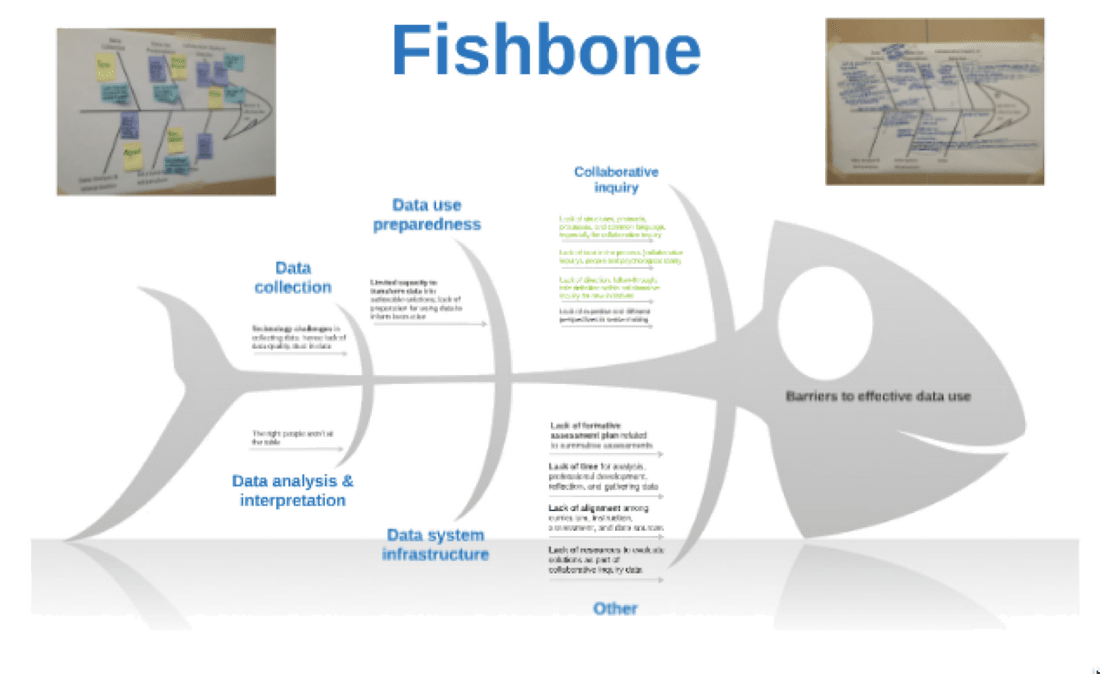
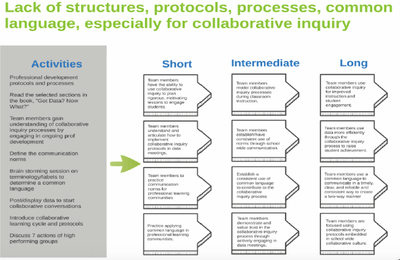
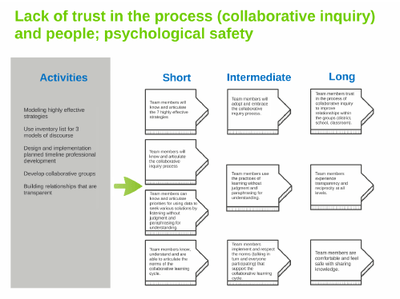
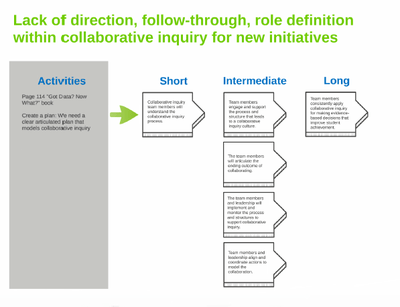
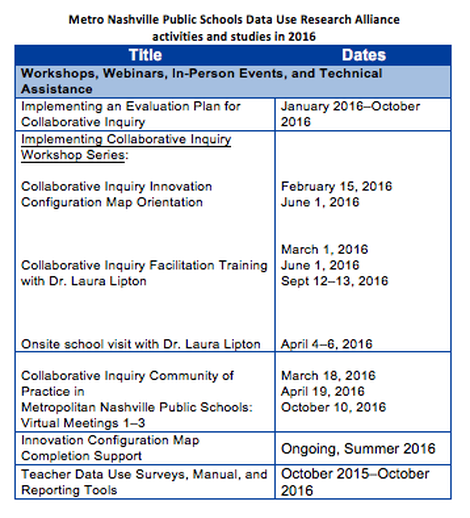
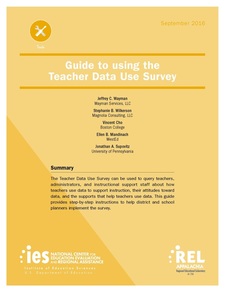
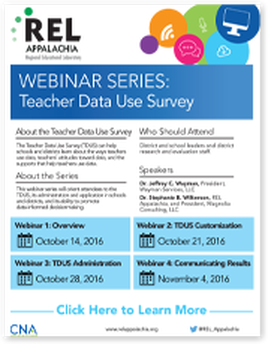
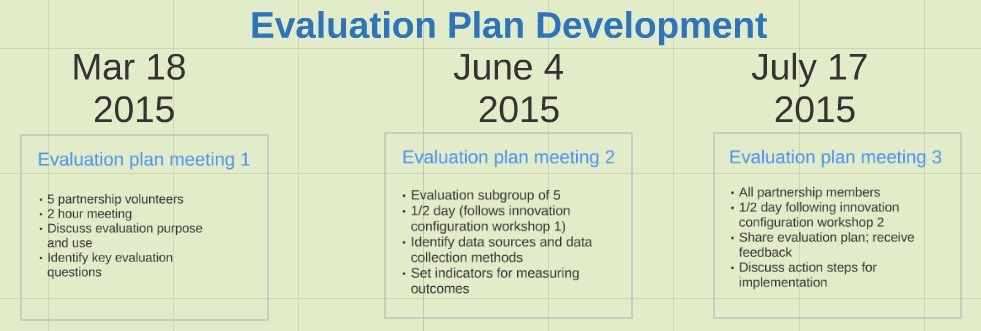
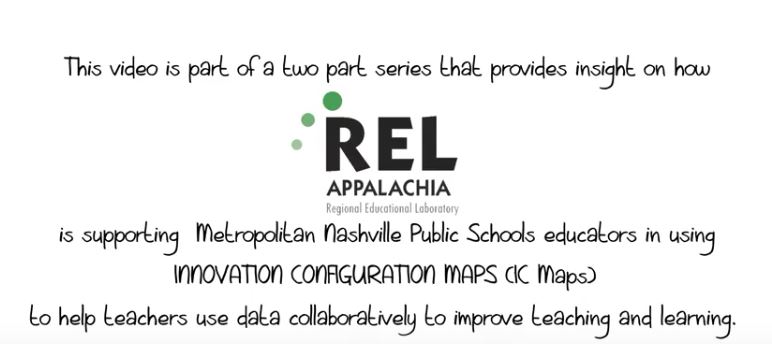
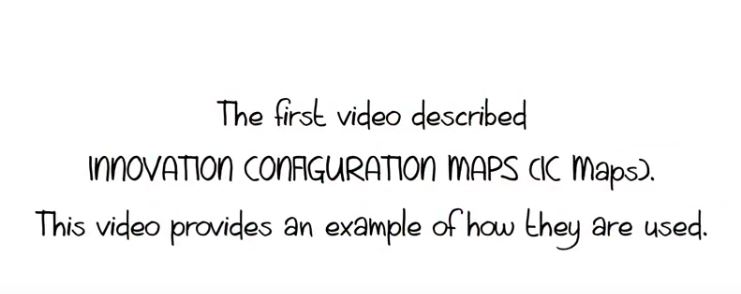
 RSS Feed
RSS Feed

